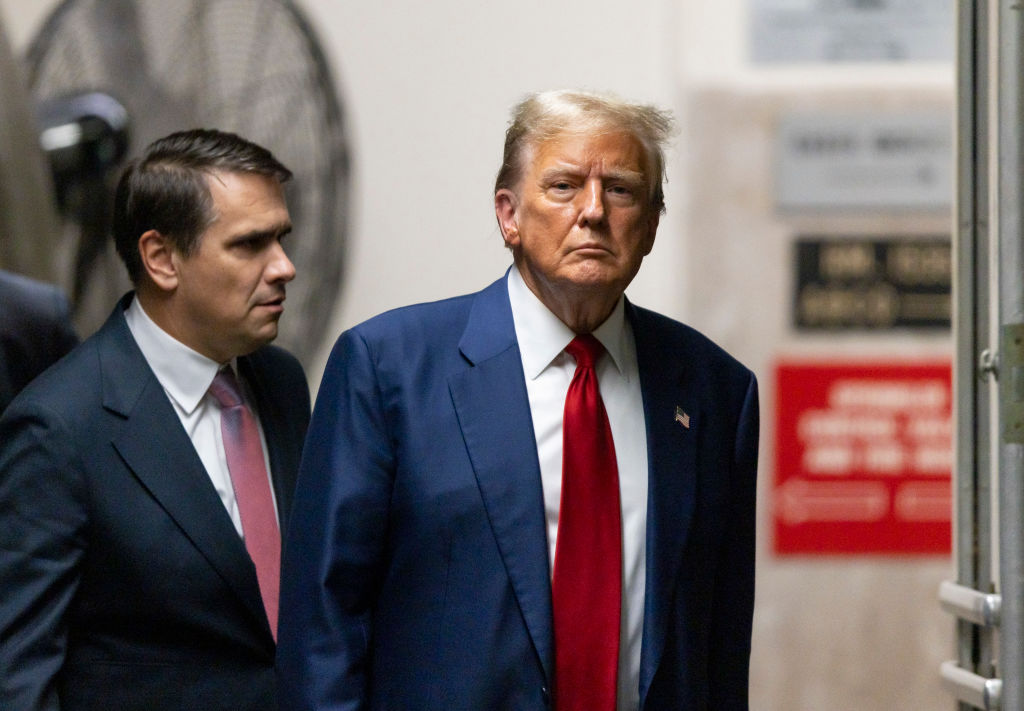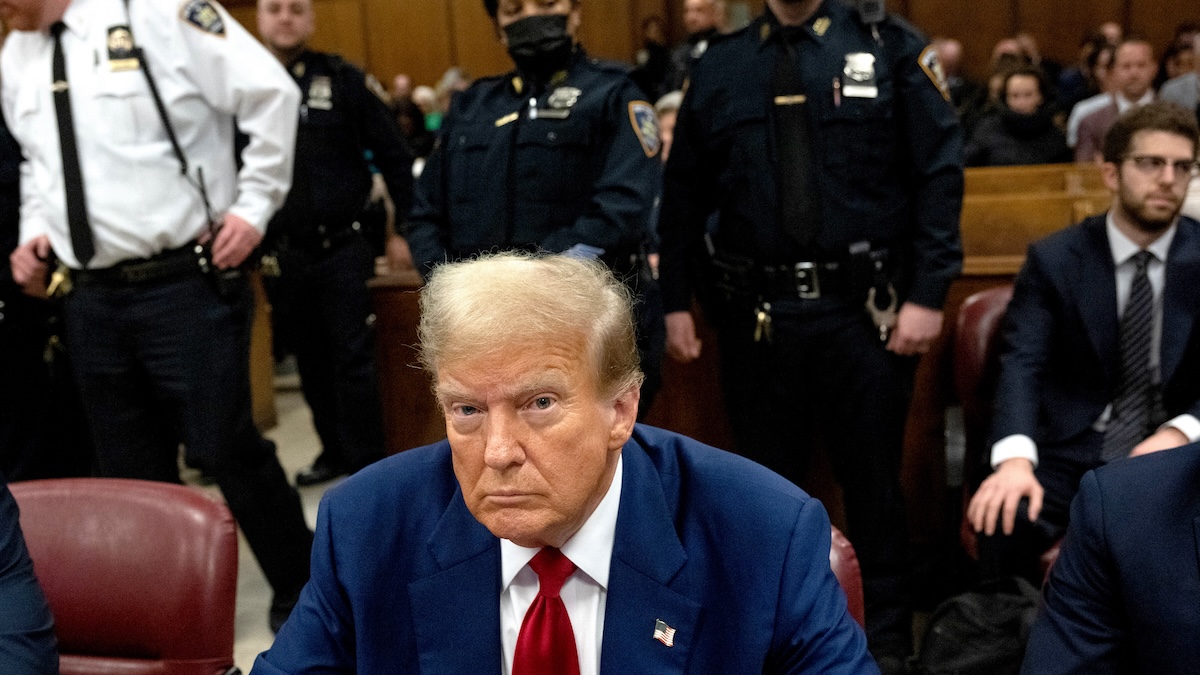When people sign up for Twitter, the popular social-networking site presents a list of suggested users to follow, driving significant traffic to sports figures, celebrities, politicians and other prominent posters.
In California, the list has attracted the attention of political watchdogs because it apparently favors Democrats over Republicans in next year's race for governor. That raises questions about whether Twitter should change its policy at a time when the site is catching on as a popular recruiting tool for candidates.
San Francisco Mayor Gavin Newsom is on the suggested user list and has 1.2 million followers. His likely opponent for the Democratic nomination, Attorney General Jerry Brown, also made the list and has 960,000 followers, even though he is not a declared candidate and has posted the fewest tweets of all the gubernatorial hopefuls.
None of the three Republican candidates is on the list, and each has fewer than 5,000 followers.
"It's a dumb move," said Bob Stern, president of the Center for Governmental Studies, an independent nonpartisan think tank in Los Angeles. "Somebody should have been thinking that it's pretty obvious you don't put just the Democrats on it."
Such apparent favoritism does not violate any California campaign regulations, but it has caught the attention of the state's watchdog agency. The California Fair Political Practices Commission has formed a committee to examine how campaigns intersect with social media and to determine whether additional regulations are necessary.
Twitter co-founder Biz Stone said in a March posting on his blog that he and a handful of other company employees make the final choice about who will be featured, a list that has grown to about 500 people.
Politics
Local, state and national politics
He compared it to "your local book store's staff picks," a benign way of introducing new authors.
New users are linked automatically to 20 people they might want to follow, selected at random from the list of 500, but can reject or include as many from the master list as they like.
In an e-mail to The Associated Press, Twitter Inc. spokeswoman Jenna Sampson said the suggested user list is based on users "who show that they provide value by posting often and engaging with their followers." It includes some nationally known Republicans, including California Gov. Arnold Schwarzenegger, Sen. John McCain and former House Speaker Newt Gingrich.
The company is updating its features, which could lead to a change in the list, she said.
Twitter's exclusion from the list of the three Republicans running for California governor is touched with irony because all have strong ties to Silicon Valley, the nation's hub of high tech innovation and social networking.
Former eBay chief executive Meg Whitman -- with 4,160 followers -- led the online auction site during an era of explosive growth.
Former Congressman Tom Campbell -- with 1,660 followers -- is a former Stanford business professor who represented the region in Congress for 10 years.
And state Insurance Commissioner Steve Poizner -- with nearly 2,600 followers -- headed a tech startup and made a fortune before becoming insurance commissioner.
"Our observation of the list is it tends to be left-leaning politicians or celebrities. Tom Campbell is neither, so we're not surprised not to be on there," Campbell spokesman James Fisfis said.
Said Poizner spokeswoman Bettina Inclan: "We think there's no doubt that getting a Twitter recognition by being featured on the suggested users list gives an advantage. It does make it an uneven playing field."
Whitman's campaign declined to comment.
Among the issues the Fair Political Practices Commission will examine during next year's hearings is whether candidates should be required to disclose preferential social network listings as in-kind contributions. No decisions are expected until 2011, after next year's election cycle.
It's difficult to determine the monetary value -- if any -- of being included on Twitter's list because candidates do not pay for the listing. Earlier this year, one Internet executive offered to pay Twitter $120,000 a year, $250,000 for two years or $500,000 for three years for a spot on the suggested user list.
"They declined. Which was smart because my offer has proven to (be) half or 1/3rd of the value," Jason Calacanis, the chief executive of the Mahalo search engine, said in an e-mail last week to the AP.
Even without a firm monetary value, the suggested user list provides a clear advantage by driving more people to a candidate, several campaign advisers said. In turn, candidates can steer followers to their Web sites and donor links.
"Does it bring voters? Does it bring contributors? Does it bring volunteers? Probably all of the above," said Garry South, a Democratic campaign strategist who is advising Newsom. "It's great to be able to brag about having over 1 million followers on Twitter. What that gets you at the end of the day, on Election Day, is not really clear at the moment."
Janis Hirohama, president of the League of Women Voters of California, said the social networking field should be leveled so all candidates have an equal chance to get their messages out.
"Then it's up to the candidates to make the most of their presence on Twitter and Facebook and other social networking sites," she said.
Twitter may be coming around to that view. Speaking at the Web 2.0 Summit in San Francisco last week, Twitter chief executive and co-founder Evan Williams said he wants to get rid of the company-selected favorites.
"The suggested user list has been controversial for a while," Williams said. "It's gone on too long, and I desperately want to kill it or evolve it."



